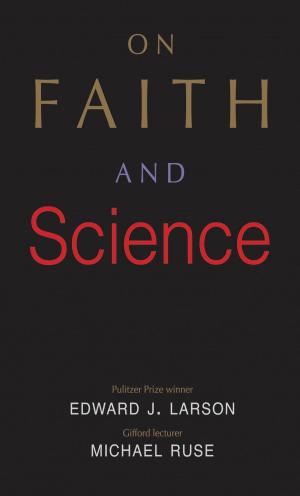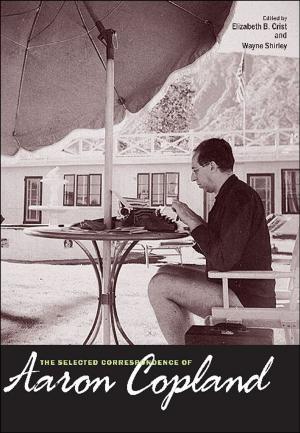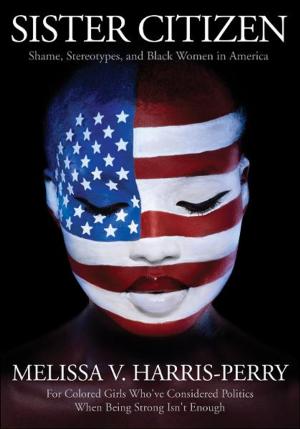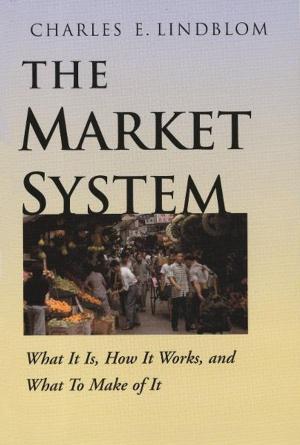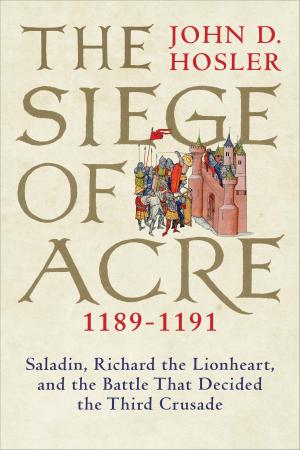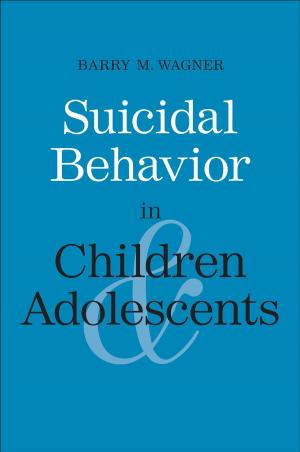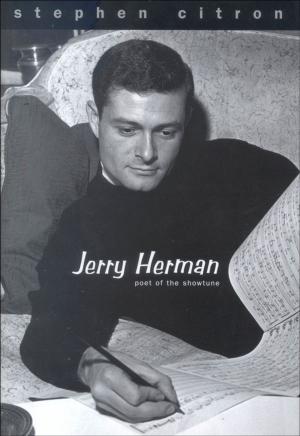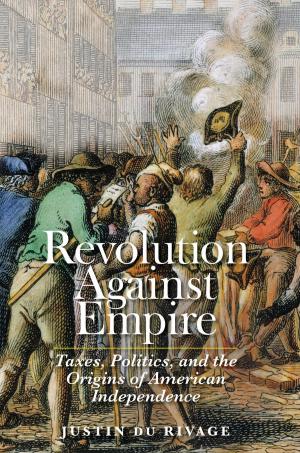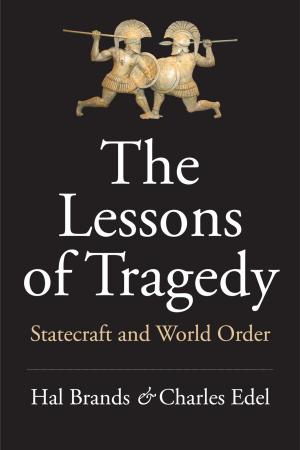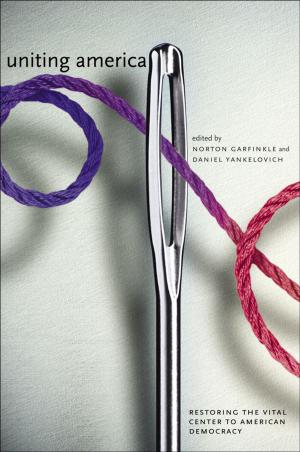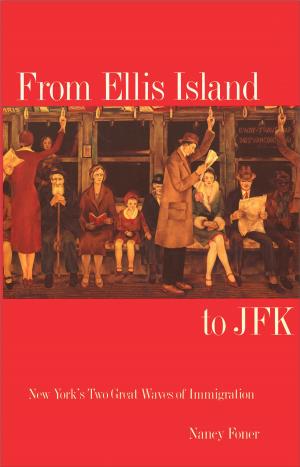On Historical Distance
Nonfiction, History, Reference, Historiography, Modern, 18th Century, Renaissance| Author: | Mark Salber Phillips | ISBN: | 9780300195255 |
| Publisher: | Yale University Press | Publication: | May 21, 2013 |
| Imprint: | Yale University Press | Language: | English |
| Author: | Mark Salber Phillips |
| ISBN: | 9780300195255 |
| Publisher: | Yale University Press |
| Publication: | May 21, 2013 |
| Imprint: | Yale University Press |
| Language: | English |
Conceptions of distance are foundational to historical thought, but Mark Salber Phillips gives the idea new subtlety and meaning. He argues that distance is a matter not just of time and space but also of form, affect, ideology, and understanding. In this exceptionally wide-ranging study, Phillips examines Renaissance, Enlightenment, and contemporary histories, as well as a broad spectrum of historical genres—including local history, literary history, counter-factual fiction, history painting, and museology.
“On Historical Distance is a fascinating and very important book that should be read by all historians. Beautifully written in elegant, economical and engaging prose, the book wears its considerable learning very lightly. A deeply original, challenging and thought-provoking study of the evolving history of history by one of our leading historians of historiography, this book should provoke a lively debate among historians and should be assigned as essential reading for classes on historical methods and historiography.”—John Marshall, John Hopkins University
“On Historical Distance is a fascinating and very important book that should be read by all historians. Beautifully written in elegant, economical and engaging prose, the book wears its considerable learning very lightly. A deeply original, challenging and thought-provoking study of the evolving history of history by one of our leading historians of historiography, this book should provoke a lively debate among historians and should be assigned as essential reading for classes on historical methods and historiography.”—John Marshall, John Hopkins University
Conceptions of distance are foundational to historical thought, but Mark Salber Phillips gives the idea new subtlety and meaning. He argues that distance is a matter not just of time and space but also of form, affect, ideology, and understanding. In this exceptionally wide-ranging study, Phillips examines Renaissance, Enlightenment, and contemporary histories, as well as a broad spectrum of historical genres—including local history, literary history, counter-factual fiction, history painting, and museology.
“On Historical Distance is a fascinating and very important book that should be read by all historians. Beautifully written in elegant, economical and engaging prose, the book wears its considerable learning very lightly. A deeply original, challenging and thought-provoking study of the evolving history of history by one of our leading historians of historiography, this book should provoke a lively debate among historians and should be assigned as essential reading for classes on historical methods and historiography.”—John Marshall, John Hopkins University
“On Historical Distance is a fascinating and very important book that should be read by all historians. Beautifully written in elegant, economical and engaging prose, the book wears its considerable learning very lightly. A deeply original, challenging and thought-provoking study of the evolving history of history by one of our leading historians of historiography, this book should provoke a lively debate among historians and should be assigned as essential reading for classes on historical methods and historiography.”—John Marshall, John Hopkins University
More books from Yale University Press
We use our own "cookies" and third party cookies to improve services and to see statistical information. By using this website, you agree to our Privacy Policy

